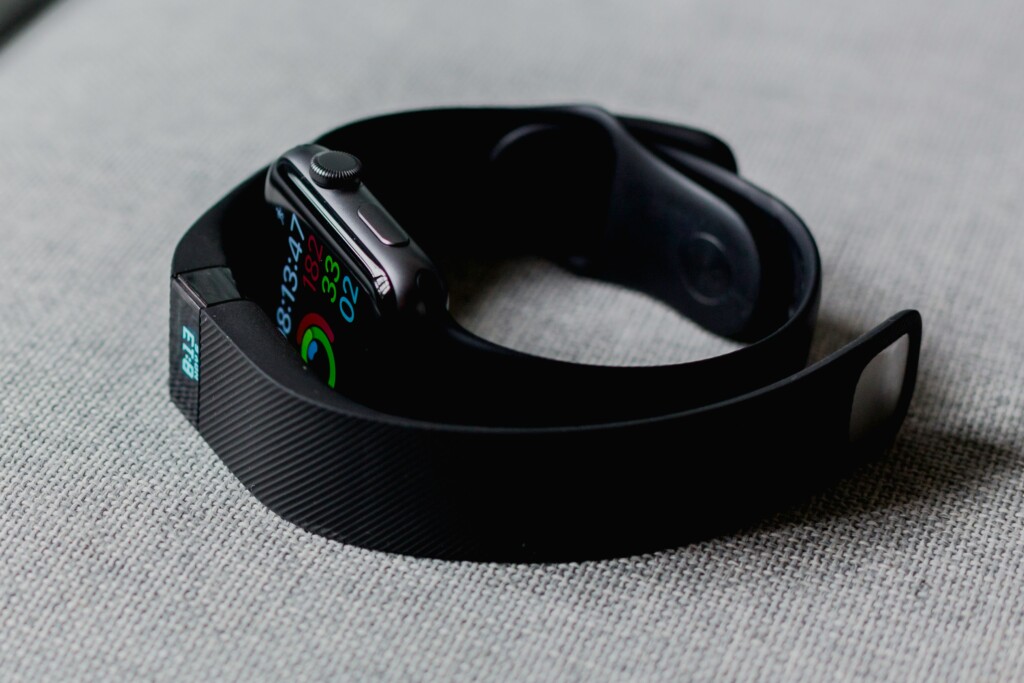Is Your Fitness Tracker Lying To You?

Wise Brothers—-Chattanooga, TN
Is Your Fitness Tracker Lying To You?
Many people take pride in hitting their daily 10,000-step goal, but a new study suggests you might not be reaching that milestone as often as you think. Fitness-tracking apps and devices, such as Fitbits and Apple Watches, are popular for monitoring physical activity, but their accuracy may not be as reliable as you’d hope.
Here’s a breakdown of how accurate these devices really are in tracking different metrics:
- Heart Rate
- Accuracy: Pretty good. Fitness trackers generally measure your heart rate within about 3% of the actual number. While this is relatively accurate, it’s worth noting that slight variations can still occur.
- Heart Rate Variability
- Accuracy: Fairly accurate when you’re at rest. These devices measure slight variations in the time between heartbeats, which can help identify potential health issues. However, their accuracy drops when you’re moving around, making them less reliable during exercise or other activities.
- Sleep Tracking
- Accuracy: Fitness trackers often overestimate the duration of your sleep and underestimate the time it takes to fall asleep. So, if your device says you slept for 8 hours, you might have actually slept a bit less, and it may have taken you longer to fall asleep than indicated.
- Calories Burned
- Accuracy: Not very reliable. Some devices can underestimate the calories burned by up to 21%, while others may overestimate by up to 14%. For example, if your tracker claims you burned 100 calories, the actual number could range from 90 to 125.
- Counting Steps
- Accuracy: Better than some metrics, but still not perfect. Fitness trackers can overestimate or underestimate your steps by as much as 12%. If your device shows 10,000 steps, you could have actually taken anywhere from 9,000 to 11,000 steps.
Despite these discrepancies, there’s a silver lining: fitness trackers are more likely to undercount steps rather than overcount them. So, if your device shows that you hit your 10,000-step goal, it’s likely that you actually exceeded it.
While fitness trackers provide useful data and can help motivate you to stay active, it’s important to remember that they’re not always precise. Consider them as a tool for tracking trends and progress rather than exact measurements.
Courtesy of Lifehacker



